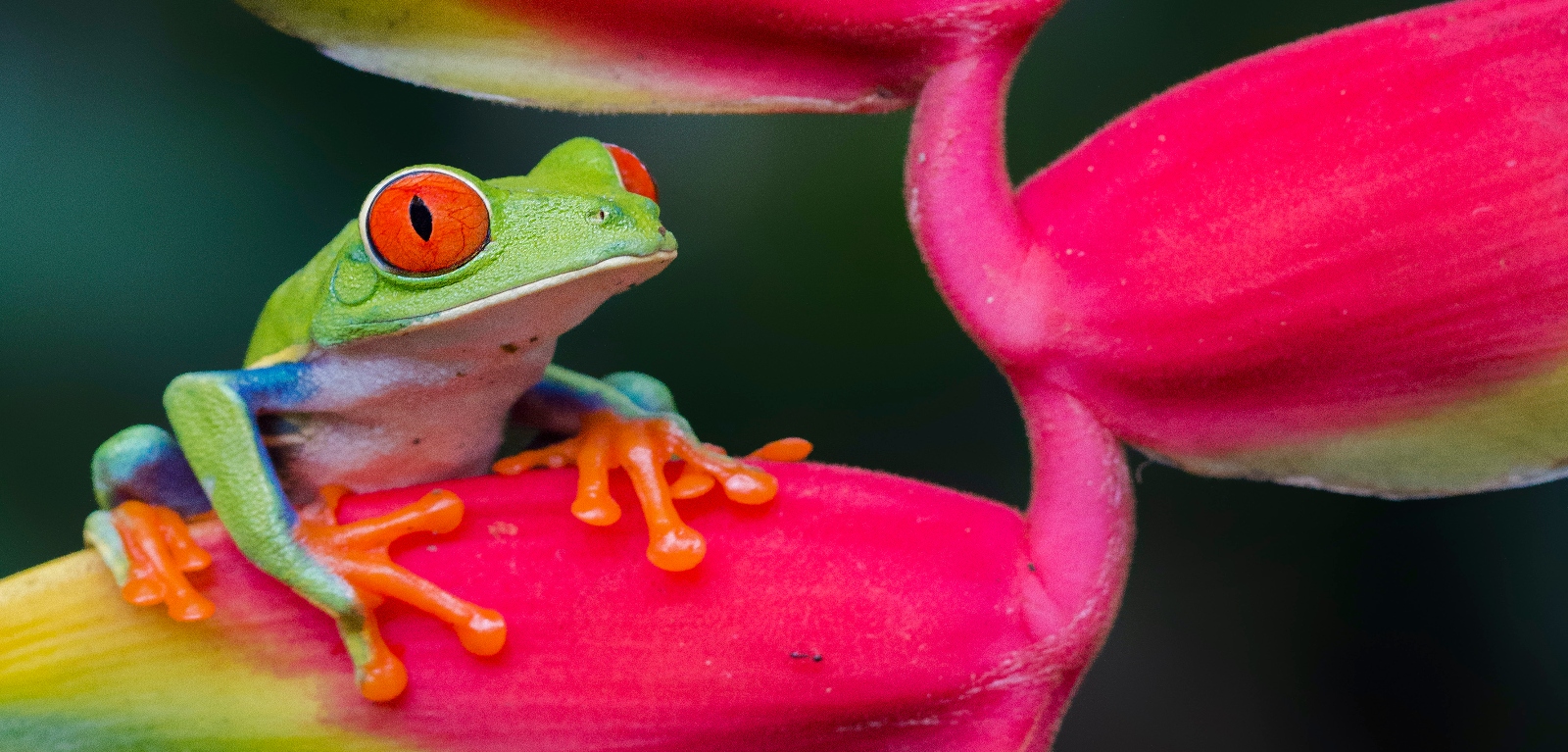Global loss of biodiversity is significantly more alarming than previously suspected
A new study led by researchers from SBS has shown that the global loss of biodiversity caused by human industrialisation is significantly more alarming than previously thought.

The global-scale analysis has been published in the journal Biological Reviews.
The study looked at changes in the population densities of over 70,000 species of animals over time from all over the surface of the planet, making it the most comprehensive research of its kind to date. Their findings show that almost half the species on Earth are currently undergoing declines in their population sizes, whereas less than 3% of them are increasing in population size.
The research was led by PhD student Catherine Finn and Dr Daniel Pincheira-Donoso from SBS, and Dr Florencia Grattarola from the Czech University of Life Sciences, Prague.
The global erosion of biodiversity has widely been identified among the most pressing challenges to humanity for the coming decades, threatening the functioning of ecosystems life depends on, food production, the spread of diseases, and even the stability of the global economy.
For decades, the extent of this “extinction crisis” has been measured with the traditional “threat conservation categories” that the International Union for the Conservation of Nature (IUCN) assigns to species upon assessment. It is currently known –based on this traditional method– that ~28% of life on earth is threatened with extinction.
However, to conduct their study, the researchers undertook a global-scale analysis of a different measure of extinction risk: “population trends” (whether the population sizes of species are declining, remain stable or are getting better over time). Using this approach, the researchers found that the magnitude of the extinction crisis is considerably more severe than shown by the traditional measure based on threat categories, with an alarming 48% of species declining towards extinction and only 3% showing signals of recovery.
These findings show that the global crisis of biodiversity extinction is failing to compensate lost species with the evolution of other species that could take their places (‘niches’) in nature. The research also found that 33% of species currently considered “safe” by the IUCN conservation categories are in fact declining towards risk of extinction.
Commenting on the importance of the findings, Dr Daniel Pincheira-Donoso, Senior Lecturer in Evolutionary Biology and Macroecology and the Principal Investigator of the project, said: “This new study method and global-scale analysis provides a clearer picture about the true extent of global erosion of biodiversity that the traditional approach cannot offer.
“Our work is a drastic alert about the current magnitude of this crisis that has already devastating impacts on the stability of nature as a whole, and on human health and wellbeing.”
Catherine Finn, PhD student and leading author on the research, commented: “Almost half of animals on Earth for which assessments are available are currently declining. To make matters worse, many of the animal species that are thought to be non-threatened from extinction, are in fact progressively declining.”
The study was funded by the UKRI (NERC) QUADRAT Doctoral Training Programme.
